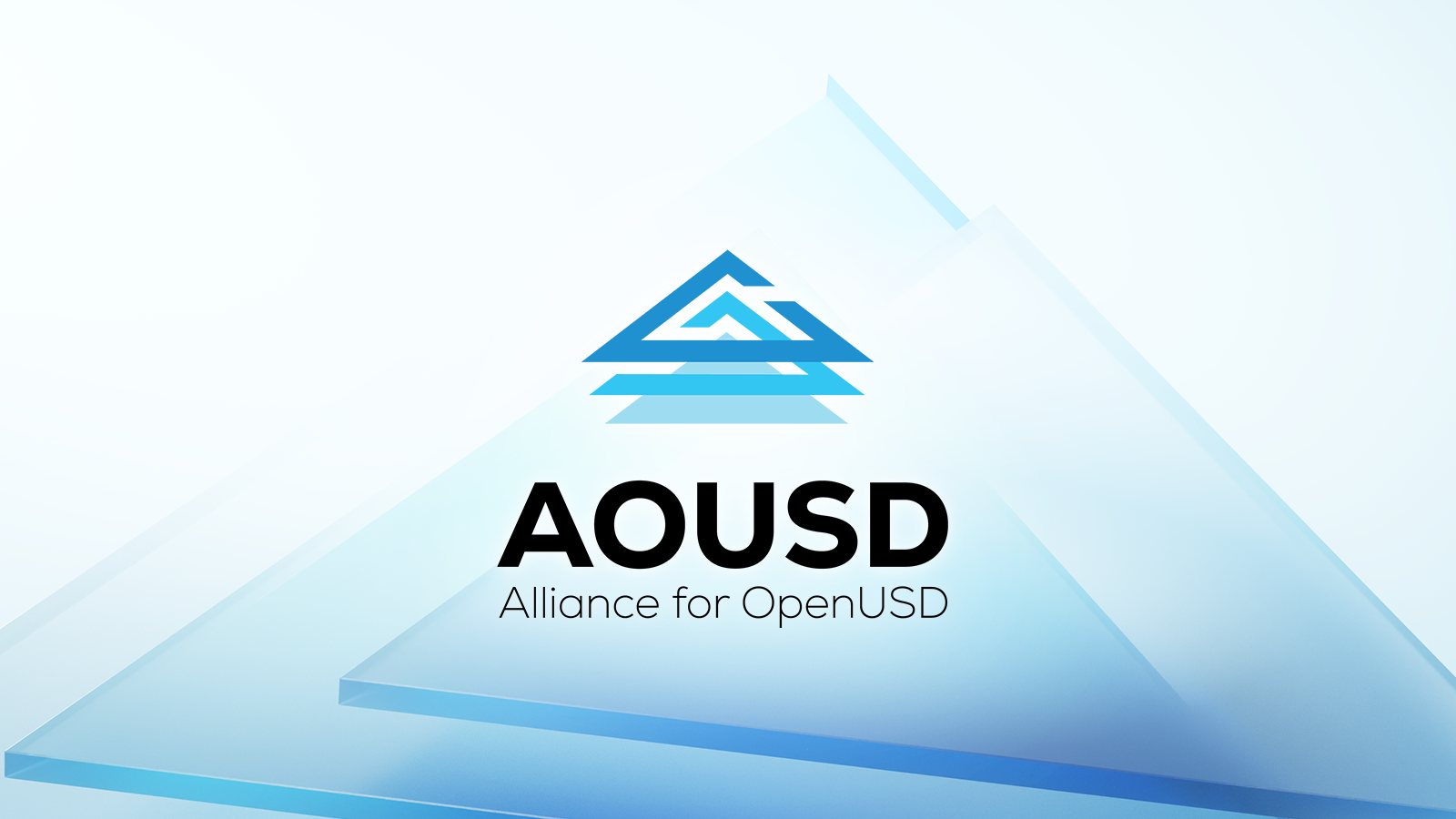OpenUSD for Developers
OpenUSD (Universal Scene Description) is the open, extensible framework for describing and simulating massive 3D worlds. NVIDIA has adopted it as the foundational core of its NVIDIA Omniverse™ libraries, to enable enhanced interoperability, support the creation of complex SimReady assets, and accelerate industrial digital twins and physical AI application development.
Why Use OpenUSD?
OpenUSD is more than just a file format—it's an open-source framework that serves as a standard across industries, enabling the development of digital twins and AI in 3D worlds.
How to Use OpenUSD
Learn how developers are adopting OpenUSD in the era of AI and industrial digitalization to accelerate their 3D workflows.
Customize OpenUSD Trainings
Accelerate your OpenUSD workflows with this free, open-source curriculum for developers and 3D practitioners.
Get OpenUSD Certified
Take the next step in your career with an industry-recognized, professional-level exam that validates your OpenUSD abilities.
Get Started With OpenUSD
Access open-source tools and learning resources to start adopting OpenUSD in your 3D workflows.
Start Learning
Master the skills required to build efficient 3D workflows with OpenUSD using NVIDIA’s free, open-source Learn OpenUSD learning path.
Develop With OpenUSD
Access the OpenUSD source code directly from the GitHub repository, or download NVIDIA’s pre-built libraries and Python API below.
Download USD 25.08, Python 3.12
Download usd-core 25.11
Develop with Omniverse Libraries
Enable OpenUSD data interoperability within industrial and physical AI simulation applications by integrating NVIDIA Omniverse libraries.
NVIDIA OpenUSD Learning Library
Alliance for OpenUSD
NVIDIA is a cofounder of the Alliance for OpenUSD (AOUSD), an open, non-profit organization dedicated to the standardization, development, and growth of OpenUSD.
